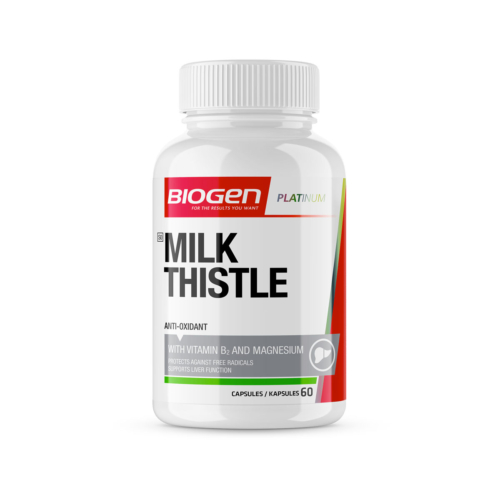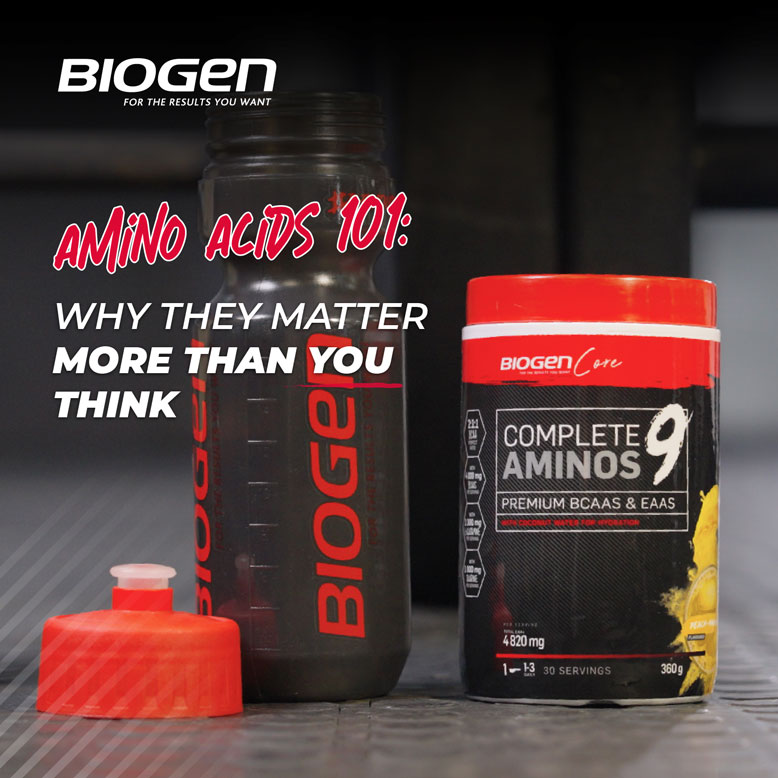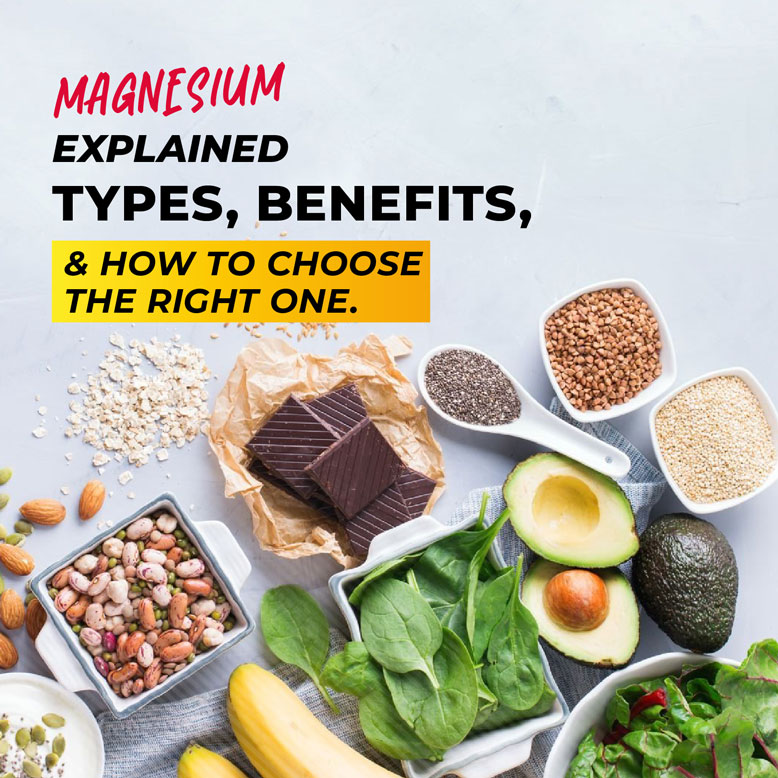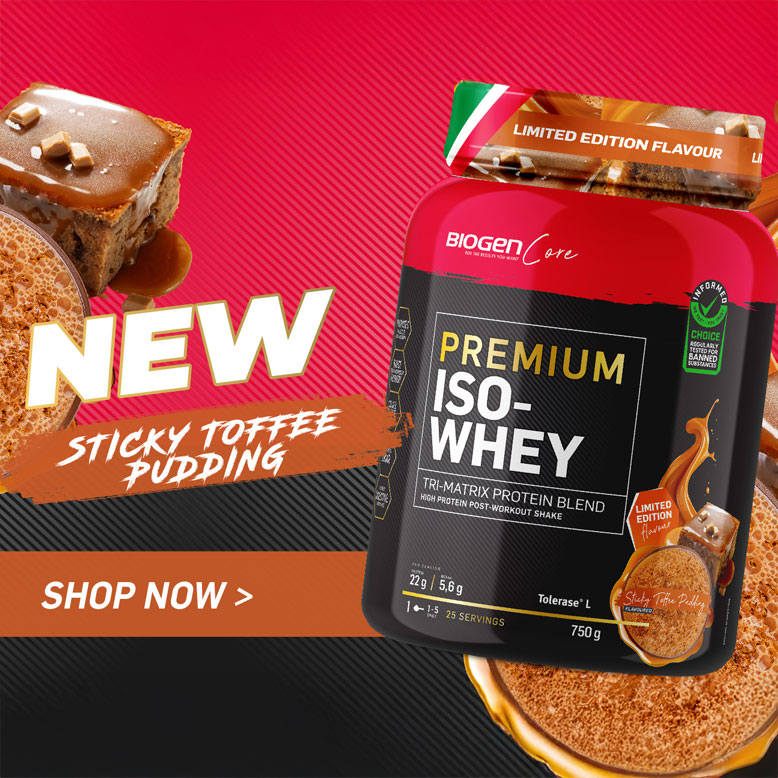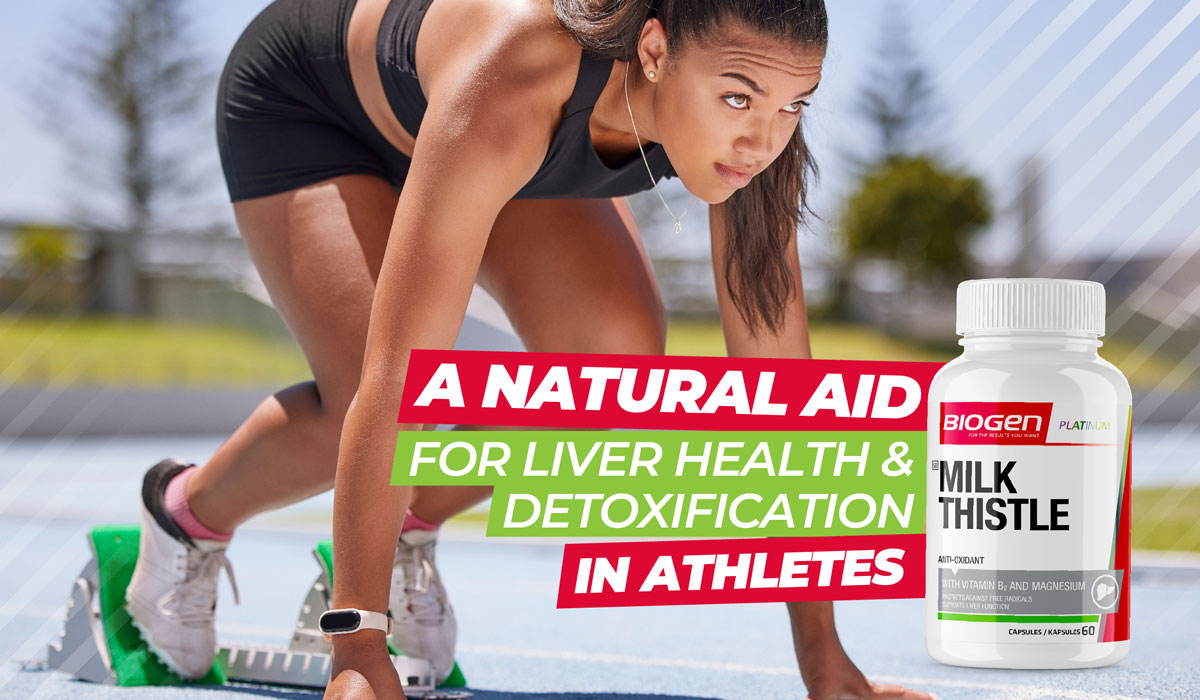
The liver is a vital organ for athletes, playing a crucial role in detoxification, energy metabolism, hormone regulation, and protein synthesis.
Given the intense physical demands placed on their bodies, athletes may benefit from supporting liver health, and milk thistle (Silybum marianum) has emerged as a popular supplement for this purpose.
More than just a detoxification organ
The liver’s primary detoxification role makes it responsible for filtering substances from the blood – some harmful – and converts them into less toxic forms for excretion.
This is particularly important for athletes, who may be exposed to more toxins due to intense training and various dietary choices.
The liver also processes nutrients to support metabolism, which is vital for athletic performance. Specifically, the bile it produces aids digestion, helping the body break down fats. It also converts carbohydrates into glucose for use as energy and stores excess carbohydrates as glycogen, which the body can break down to provide energy during intense exercise.
And the liver serves as a storage site for important micro- and macronutrients, including vitamins A, D, E and K, and iron, an essential mineral for endurance athletes needed to produce haemoglobin, the oxygen-carrying protein in red blood cells.
Moreover, the liver is involved in protein production (protein synthesis), which is essential for building and repairing muscles to aid recovery. This is particularly important for athletes who are constantly breaking down and rebuilding muscle tissue through regular training.
In addition, the liver produces various hormones, including insulin and glucagon, which regulate blood sugar levels. As such, these hormones are essential for maintaining energy balance during exercise.
Support liver health with milk thistle
Milk thistle is a spiky purple flowering plant from the aster or daisy family, and has been used by ancient physicians and herbalists to treat a range of liver and gallbladder diseases and to protect the liver against a variety of poisons¹. Based on these potential benefits, milk thistle is widely considered a liver support supplement.
The active ingredients in milk thistle are silymarin and silybin, a group of flavonoids believed to be responsible for its beneficial effects. Studies suggest that silymarin may act as a liver protectant and may support healthy liver function.
One study² suggests milk thistle exhibits its liver-protecting (hepatoprotective) properties by 3 major mechanisms:
- As an antioxidant
- As an anti-inflammatory, and
- As an antifibrotic substance
Due to its detoxification and filtration role, the liver is constantly exposed to toxins, making it susceptible to damage. The antioxidant properties of milk thistle help to protect liver cells by shielding them from free radical damage, which are harmful molecules that contribute to cellular ageing, to potentially reduce inflammation in the liver².
By helping to neutralise harmful free radicals that can contribute to muscle damage and inflammation through its antioxidant properties, silymarin can potentially benefit athletes who experience higher levels of oxidative stress due to intense training and racing.
Athletes also need a healthy liver to metabolise and absorb nutrients and remove waste products from the body as efficiently as possible, which is why a supplement like Biogen Milk Thistle may aid recovery from intense training and boost athletic performance.
Important considerations
While milk thistle shows promise in research as a liver support supplement, it is essential to consult with your healthcare provider or qualified dietitian before including a supplement in your daily regimen, especially if you have an existing liver condition or are taking medications.
Moreover, a supplement is never a cure-all. As such, milk thistle should always serve as a complementary approach to liver function, overall health and athletic performance, and should never replace conventional medical treatment.
When choosing a suitable product, always choose reputable brands like Biogen because the quality of the silymarin extract matters.
References:
- Mulrow C, Lawrence V, Jacobs B, et al. Milk Thistle: Effects on Liver Disease and Cirrhosis and Clinical Adverse Effects: Summary. 2000. In: AHRQ Evidence Report Summaries. Rockville (MD): Agency for Healthcare Research and Quality (US); 1998-2005. 21.
- Achufusi TGO, Pellegrini MV, Patel RK. Milk Thistle. [Updated 2024 Feb 28]. In: StatPearls [Internet]. Treasure Island (FL): StatPearls Publishing; 2024 Jan.


